Dengue in Pakistan (2022)
Introduction.
Dengue is a common illness with a high mortality rate. A mosquito harboring the dengue virus causes dengue to be spread. Most tropical and subtropical regions of the world, including sections of Asia and the Pacific Islands, Africa, the Eastern Mediterranean, and Central, and South America, are where the dengue virus is most commonly found. No one can contract dengue from another. However, it can pass from fetuses to their fetuses throughout pregnancy. Understanding the symptoms and signs of dengue may aid in early discovery and quick recovery.
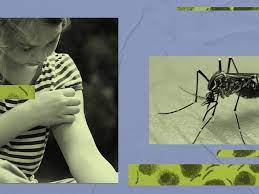
Learn more about the fundamentals and warning signs of dengue by reading on.
Causes of dengue infection:
Dengue is brought on by a virus known as the Dengue virus. Through a mosquito bite (Aedesaegypti mosquitoes and to some exten Ae.albopictus)., this virus gets into the bloodstream of people. The virus is contained in the saliva of the mosquito. Once it has entered your blood, the virus begins to grow. Finally, you feel sick because of the infection and the immune system's reaction.
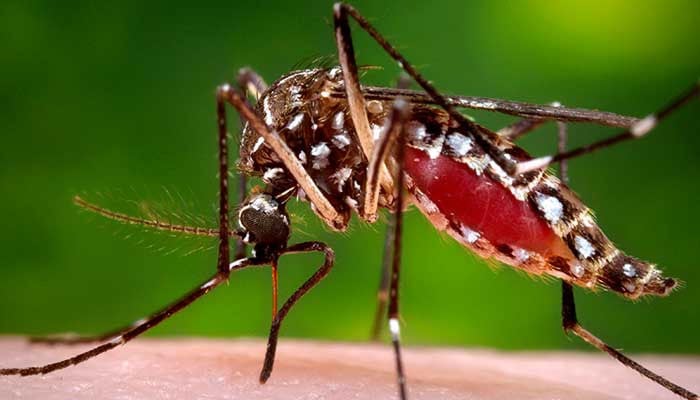
Types of dengue infection:
There are four different forms of the dengue virus (DENV 1, DENV 2, DENV 3, and DENV 4), which are causing an infection that is spread by mosquitoes. Sequential infections increase the likelihood of developing severe dengue; immunization to one serotype confers long-term protection against the homologous serotype but not against other serotypes. Although DENV infections frequently result in only mild disease and over 80% of cases are asymptomatic, DENV can induce an acute flu-like illness.
Dengue fever symptoms:
A person may not often show any signs of dengue illness. However, the most typical sign of dengue is a high fever. Additional signs of dengue include:
•Eye ache that is quite bad
•Rash
• Nausea or diarrhea
•Joint and muscle discomfort
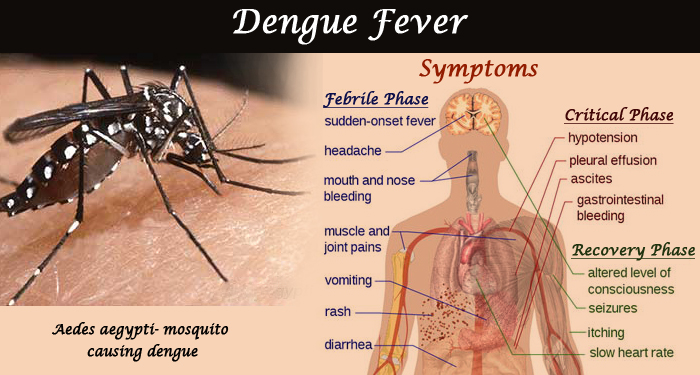
Only four to ten days following the mosquito bite, one may begin to experience the symptoms. Three to seven days may pass before these symptoms go away.
Well-known home treatments for dengue fever:
Here are some home treatments for dengue that you can apply to treat your symptoms.
Use of Neem:
In lab tests using animals, neem leaf extract was able to inhibit the further production of the dengue virus. Neem leaves therefore can be used to help limit your infection. Fresh neem leaves should be boiled in water. You might heal more rapidly if you consume this water. You can also ingest neem leaf juice. Mash some leaf extract with a mug of water to produce neem juice. Your juice will be ready once you strain this liquid into a cup. To taste, you can add little honey or lemon juice.
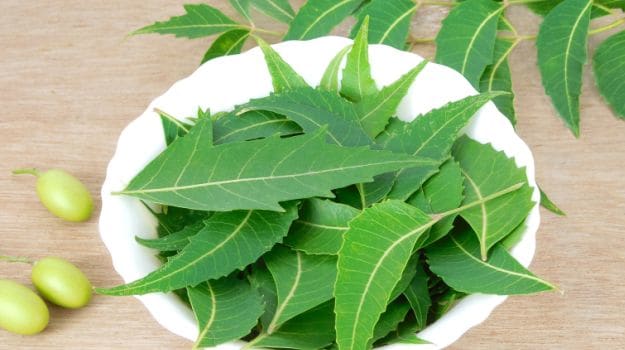
Use of Papaya and its leaves:
Dengue fever has previously been treated using papaya leaves. Traditional medicine advises lowering fever in dengue patients. According to the findings, papaya leaf can help people have more neutrophils, white blood cells, and platelets. A higher platelet count may be able to stop the bleeding and halt the disease's progression. You can drink leaf extract juice to reduce your fever and get your platelet count back to normal. The juice is made by blending fresh papaya leaves with a cup of water. When the liquid is strained into a cup, papaya juice is prepared for usage.
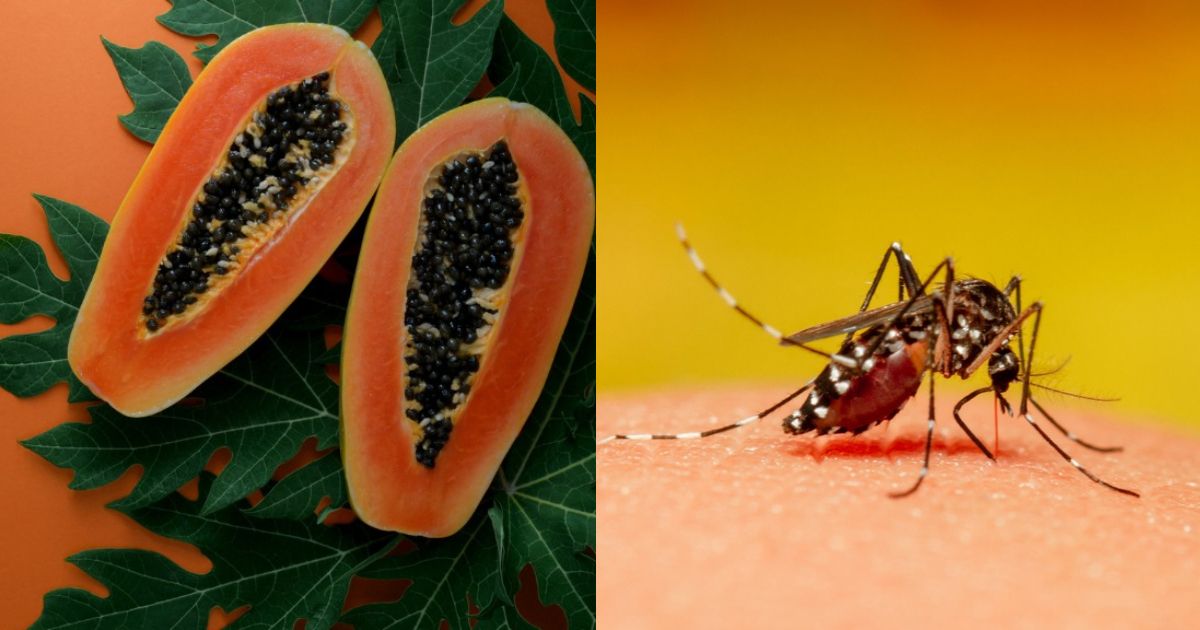
Use of kalmegh:
A medicinal herb kalmegh is effective in treating several diseases. A Karmen extract, for instance, demonstrated antiviral activity in testing against the dengue virus. Therefore, Kalmegh can be used to stop the problem from getting worse. Drink a glass of water and kalmegh juice to relieve the symptoms of dengue.
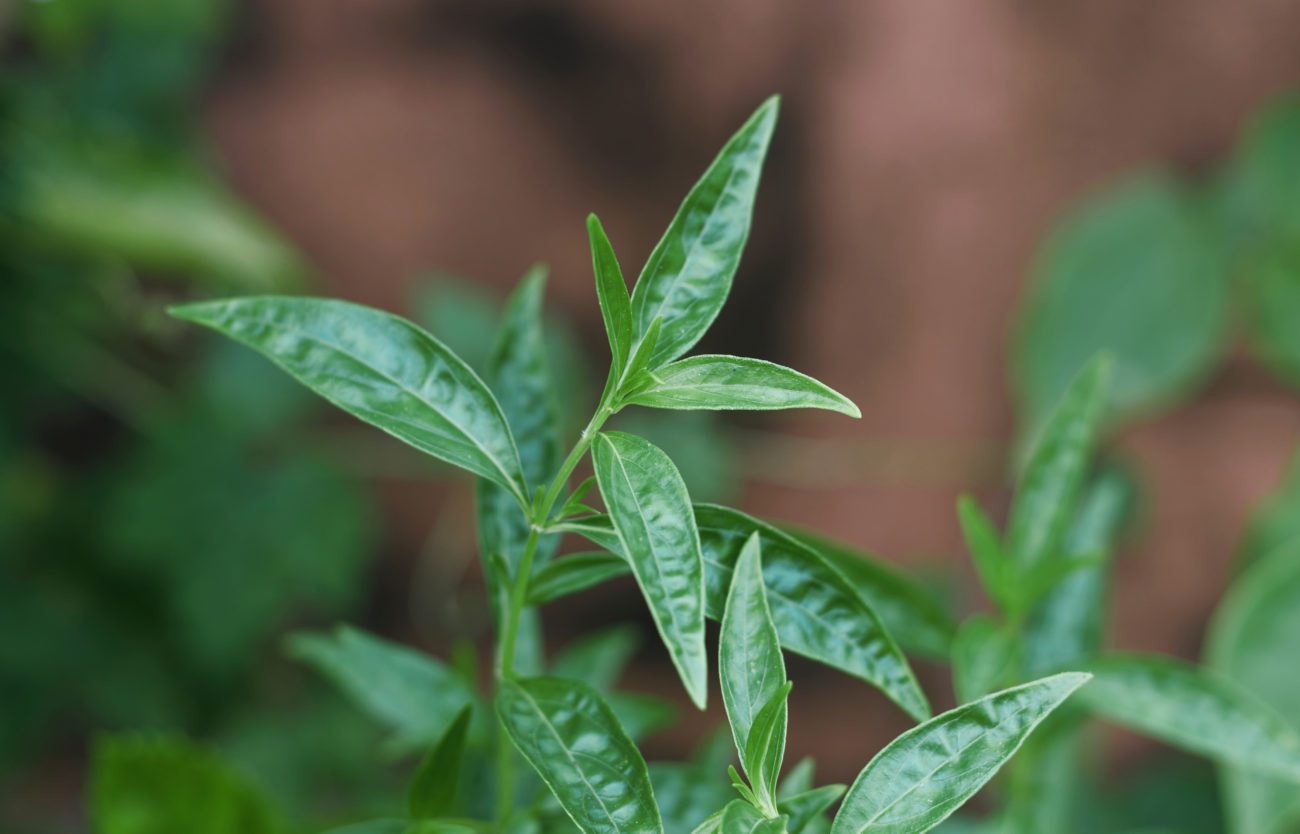
Use of Tulsi:
In the past, tulsi leaves were used to fight dengue illness. In lab experiments, the Tulsi leaves can inhibit the dengue virus. Boil some quantity of fresh tulsi leaves in water to make tulsi tea. After a time, drain it into a cup and let it simmer. A spoonful of honey or a little quantity of lemon juice can be added for flavor.
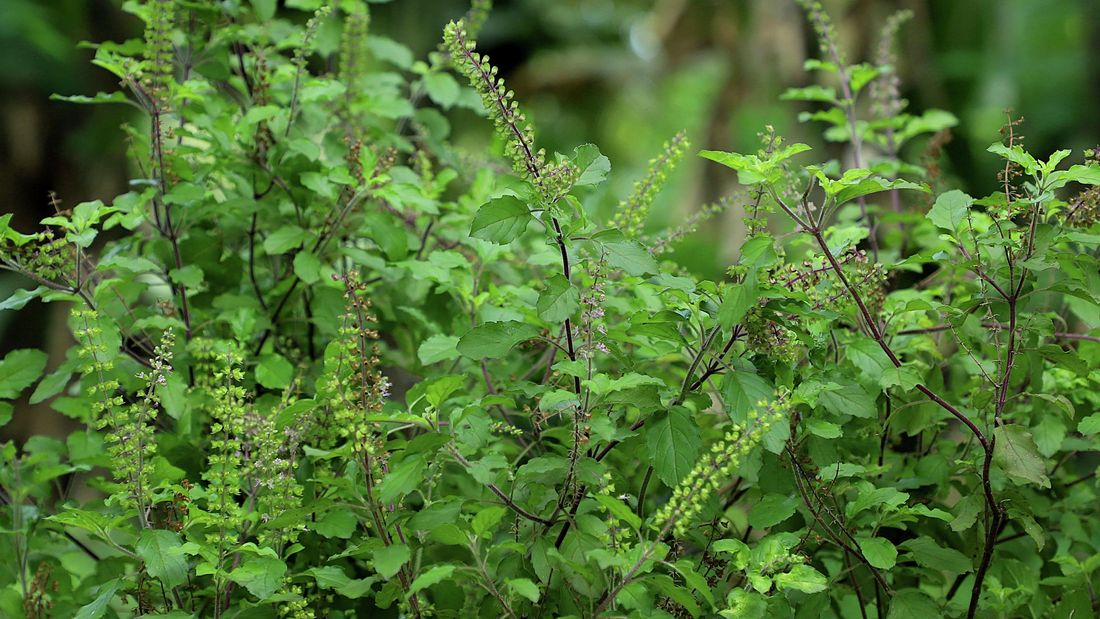
Use of karela:
Bitter gourd or karela has several health advantages. In laboratory experiments, karela extract inhibited the dengue virus. Karela can be eaten as a vegetable and added to recipes and cuisines. To combat dengue, you can also create karela juice. Peel the skin, cut it into pieces, add a glass of water, and combine to get karela juice. Strain the liquid once it has been mixed. Your karela juice will be ready once you've added enough water to balance the flavor.
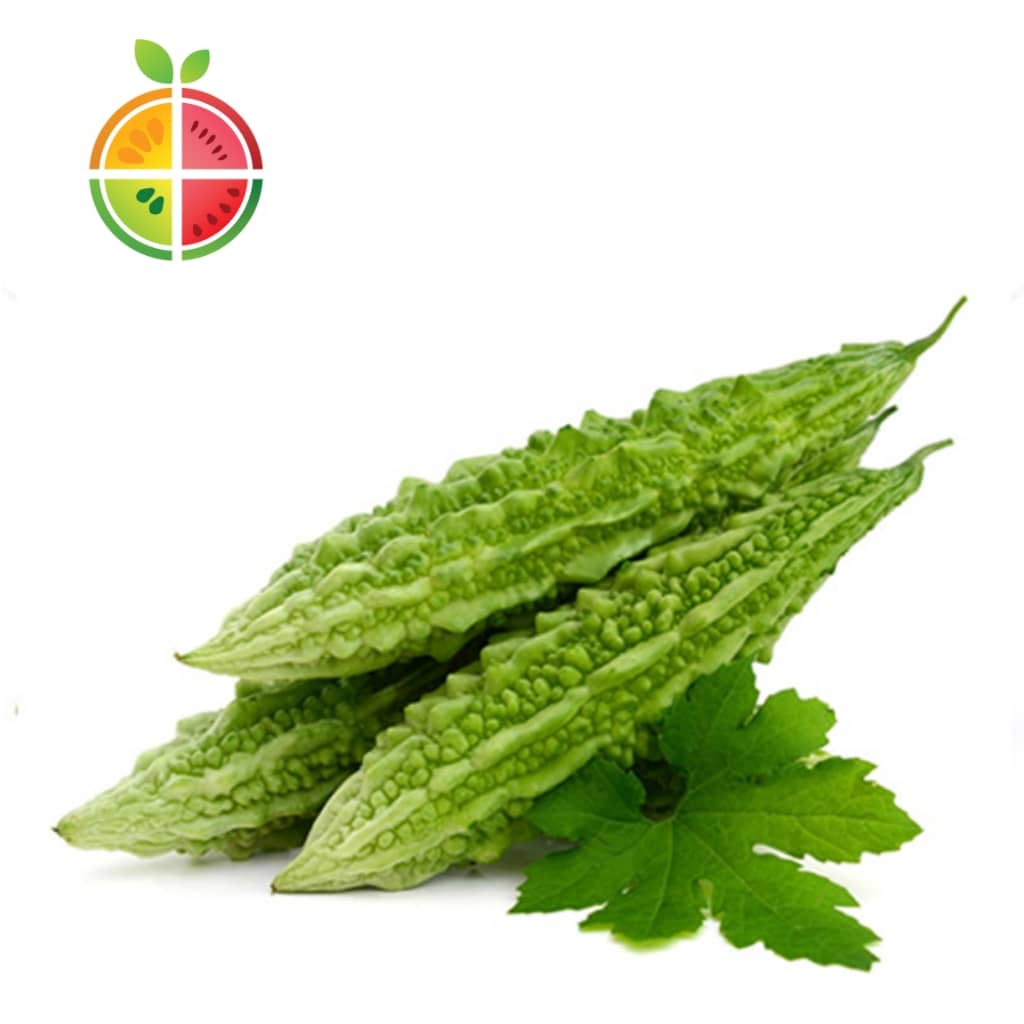
Use of Kalimuali or golden eye grass:
Kalimusli, also known as golden eye grass, is a herbal remedy that treats many diseases. Kalimusli rhizomes and roots are used to treat a variety of illnesses. Utilizing it could improve immunological response. Take kalimusli powder and milk to aid your body fight illness.
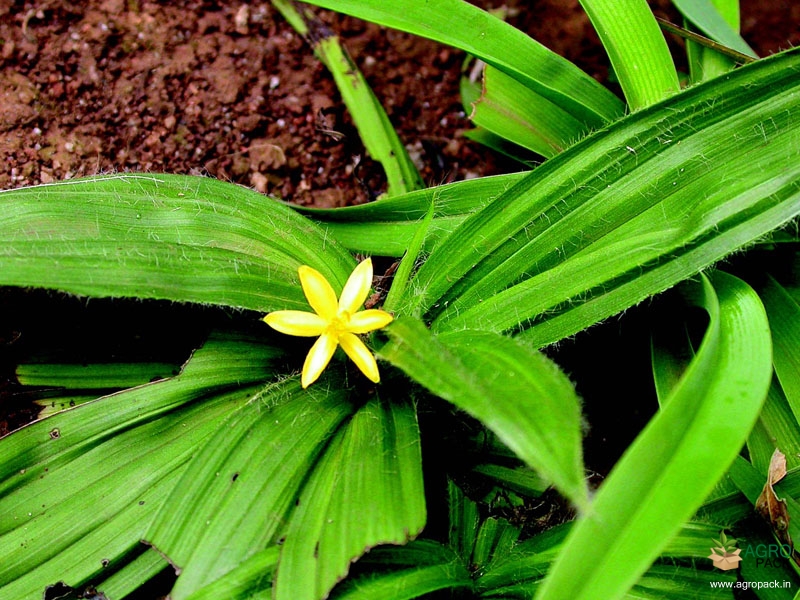
Use of dudhi:
Dudhi, also known as asthma weed in India, is a crucial herbal remedy with numerous advantageous traits. It might treat dengue fever and boost the number of platelet cells number in dengue patients. Dudhi must be prepared by boiling Dudhi leaf paste in water. Cook the water to one-fourth of its original volume, then use it as needed.

Even while some research demonstrates the advantages of herbs and natural treatments for dengue, they are insufficient. Large-scale human research is therefore required to determine the precise scope of these home treatments' positive effects on human health. As a result, they should only be used sparingly and never in place of medical care.
When to Consider Medical Help:
If you exhibit any dengue symptoms, you should get in touch with your healthcare provider. However, if you observe any worsening symptoms of dengue, such as you must call your local hospital or healthcare facility without delay.
Worse symptoms of dengue include Repeated vomiting, abdominal pain, blood in the stool or vomit, nose or gum bleeding, extreme drowsiness, agitation, and irritability.
It would be ideal if you do not solely rely on home treatments to treat dengue. If the signs do not go away with home treatments, you should instead seek the counsel of a licensed physician about the illness.
Dengue an endemic arising in Pakistan:
Pakistan has endemic dengue fever, which is transmitted there year-round with seasonal peaks. However, the number of recorded dengue cases is much higher in 2022 during January and September comparable to the same months in the last four years. This is due to the worst floods in the country's history, which started in mid-June.
A report by the National Institute of Health-Islamabad, a total of 26 928 confirmed dengue cases and 67 fatalities have been reported nationally between 1 January and 27 September 2022. About Seventy-six percent (74%) of these occurrences were recorded only in September. As of September 22nd, the proportion of patients by province was reported for 83% of the total cases, with 34% of those cases reported from Sindh, 30% from Punjab, and 15% from other provinces.
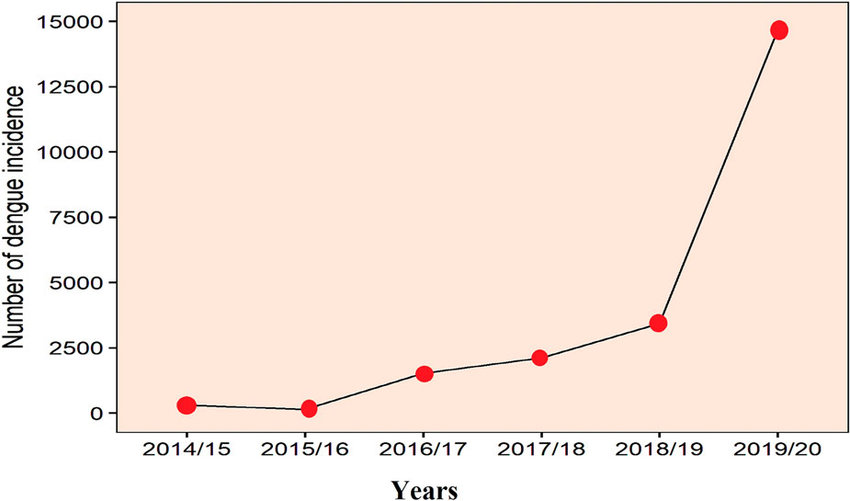
The authorities were not ready for a dengue outbreak.
Although dengue fever is common in Pakistan just after rainstorms, health experts say the Pakistani government is caught off guard every year. "They are never prepared, and when things get out of hand, they resort to firefighting," said by the secretary-general of the Pakistan Medical Association. However, the Director-general of Health Services Sindh called the dengue outbreak stories "exaggerated." Dengue was mostly reported from Karachi, with a few from Hyderabad and a few from Sukkur, adding that the regional national monitoring response unit was proactive and that only cases of malaria, not dengue, were published among displaced people. According to the secretary general of PMA, the mosquito species that spread dengue produce in standing water, such as that found in pots or abandoned tires, rather than in large bodies of floodwater.
Dengue surges in waterlogged Pakistan:
Pakistan is dealing with unusual monsoon rainfall and historic floods. About 84 districts declared disaster and approximately 34 million people have been affected. Over 2 million homes have been destroyed, and an approximate 1470 healthcare services have been damaged. According to reports, 7.8 million people have been displaced, 13100 have been injured, and 1800 have died. Flooding and heavy rains have cut off healthcare services and medical treatment for millions of people. The recent flood has been effecting the capacity of the national health system and elevate the risk of serious health consequences from dengue fever. There is currently a need for improved vector surveillance with more laboratories for better detection.
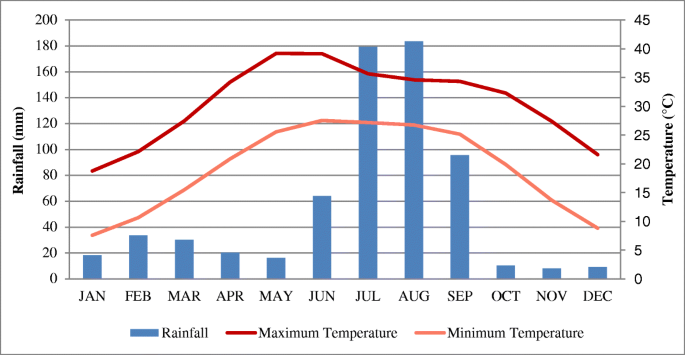
The emergence of vector-borne epidemics, including dengue fever, following flooding is a familiar phenomenon, as stagnant water provides ideal breeding grounds for mosquitoes. The lag time before the emergence of dengue cases is usually 3-4 weeks. In Pakistan, ongoing disease outbreaks such as acute watery diarrhoea, dengue fever, malaria, measles, polio, and COVID-19 are being exacerbated, particularly in internally displaced people and refugee camps where water and hygiene facilities have been damaged.
Dengue fever is the world's most fastly spreading mosquito-borne viral infection. Population movement is high between Pakistan particularly Khyber Pakhtunkhwa province and neighboring countries like Iran and Afghanistan. The province of Khyber Pakhtunkhwa also accomodate 1200 000 Afghani refugees and 800 000 of whom live in flood-affected districts. Dengue fever transmission from Pakistan to bordering countries cannot be controlled out.
It seems "Dengue appears to have supplanted Covid-19".
Public health intervention:
Although there is no particular therapy for dengue but early case discovery, recognition of any severe dengue infection warning signals, and effective case management are main components of care to prevent patient death and can reduce fatality rates of severe illness to around 1%. Pakistan suffers from an endemic case of dengue disease, with periodic outbreaks and widespread.
WHO (World health organization) promotes the Integrated Vector Management (IVM) strategy for controlling mosquito action and population, including Aedes spp (the vector of dengue).
As part of Integrated Vector Management, the Ministry of Health with the help of Global Funds is conducting vector surveillance and control activities, such as the Ministry of Health arrange technical weekly committee meetings. Activating dengue counters in all hospitals and health centers and establishing dengue control areas in emergency departments for receiving suspected dengue cases. Vector monitering efforts are doing in Lahore and other districts. Additional teams will be assigned to assist with vector surveillance activities, including daily situation analysis.
WHO recommendations to control dengue infection, adopted in country:
The nearness of mosquito vector larva to human population increases the risk of dengue virus infection. Dengue infection has no specific treatment, but early recognition and access to suitable healthcare centre reduce death rate. Furthermore, impactful vector monitoring and control are required for dengue prevention and control.
•Weekly vector internal control can include covering, draining, and sanitising household water storage containers.
•Chlorination of drinking water and the
• Use of appropriate bioinsecticides for stagnant water in exterior containers.
•When biting occurs indoors, use mosquito repellent lotions or sprays on the skin and residential insecticides.. Window and door screens, as well as air conditioning, can help to reduce bites. Because Aedes mosquitos bite during the day, with peak incidence at dawn and dusk, individual safety precautions such as wearing clothing to limit skin exposure are advised.
•Mosquito repellents can be used to expose skin or full clothing during outdoor activities. People who sleep outdoors or during the day such as infants, and people strictly limited to room and night employers can benefit from insecticide-treated nets.
•In addition, vector and human case surveillance should continue to be enhanced in all affected areas and across the country. Key public health messages on reducing the risk of dengue transmission among the population are expected to continue to be provided.
WHO does not recommend any general travel or trade restrictions to Pakistan based on the information available for this event.
Conclusion:
The infectious disease of dengue is transmitted by mosquito bites. If dengue is not treated within time, it can develop into a serious infection that can be fatal. You can treat your problems at home with herbs as has been discussed earlier. These plants shouldn't be used in place of a doctor's prescribed medication, though, get in touch with your physician at once, if you or someone nearby has dengue. Precautions and medical attention can help stop the illness from getting worse.

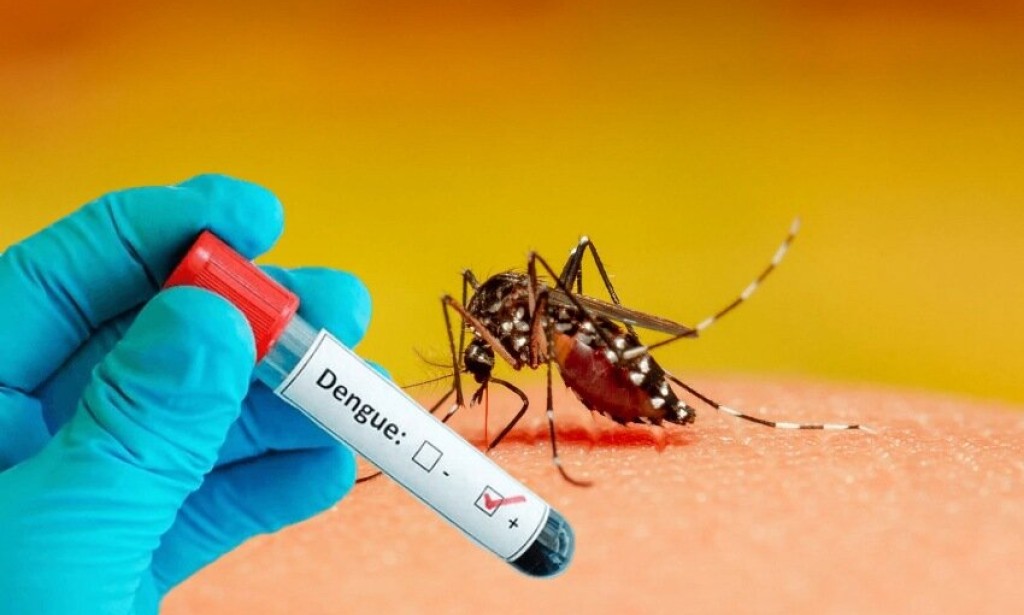
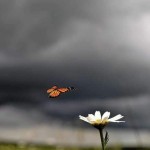
You must be logged in to post a comment.